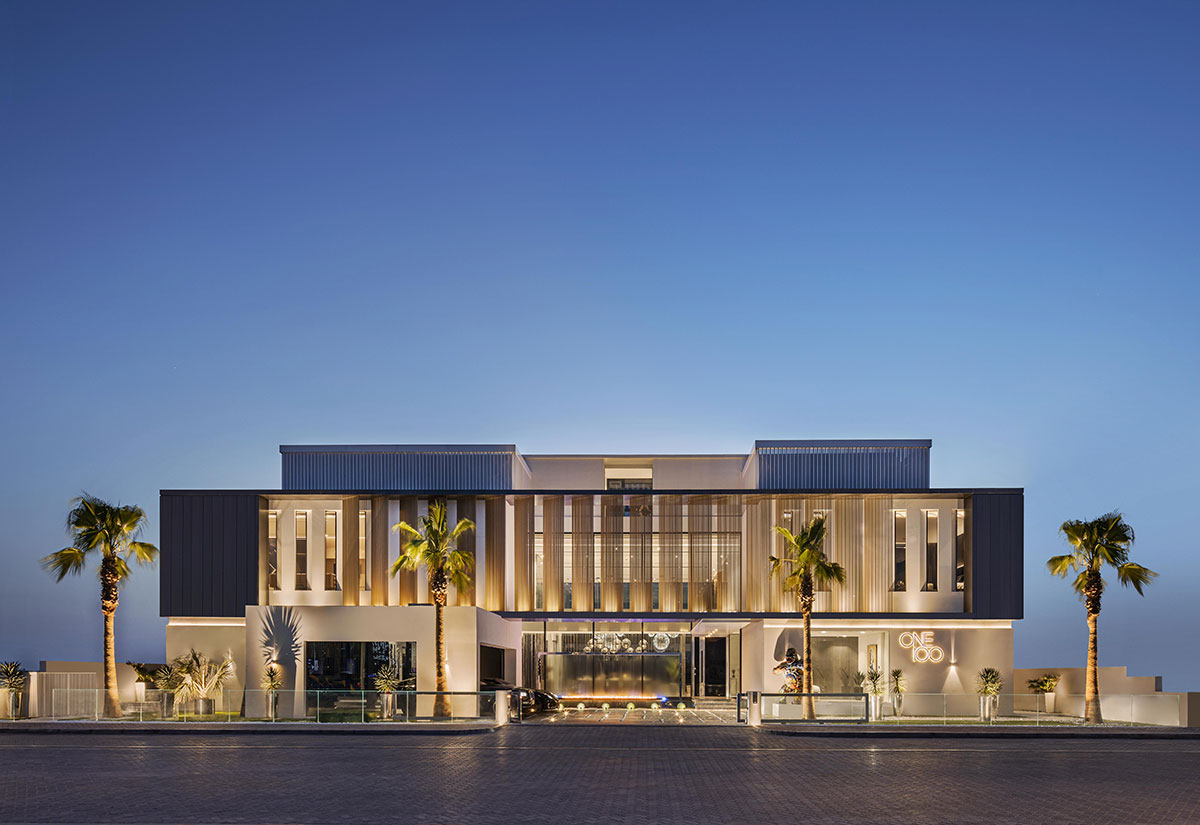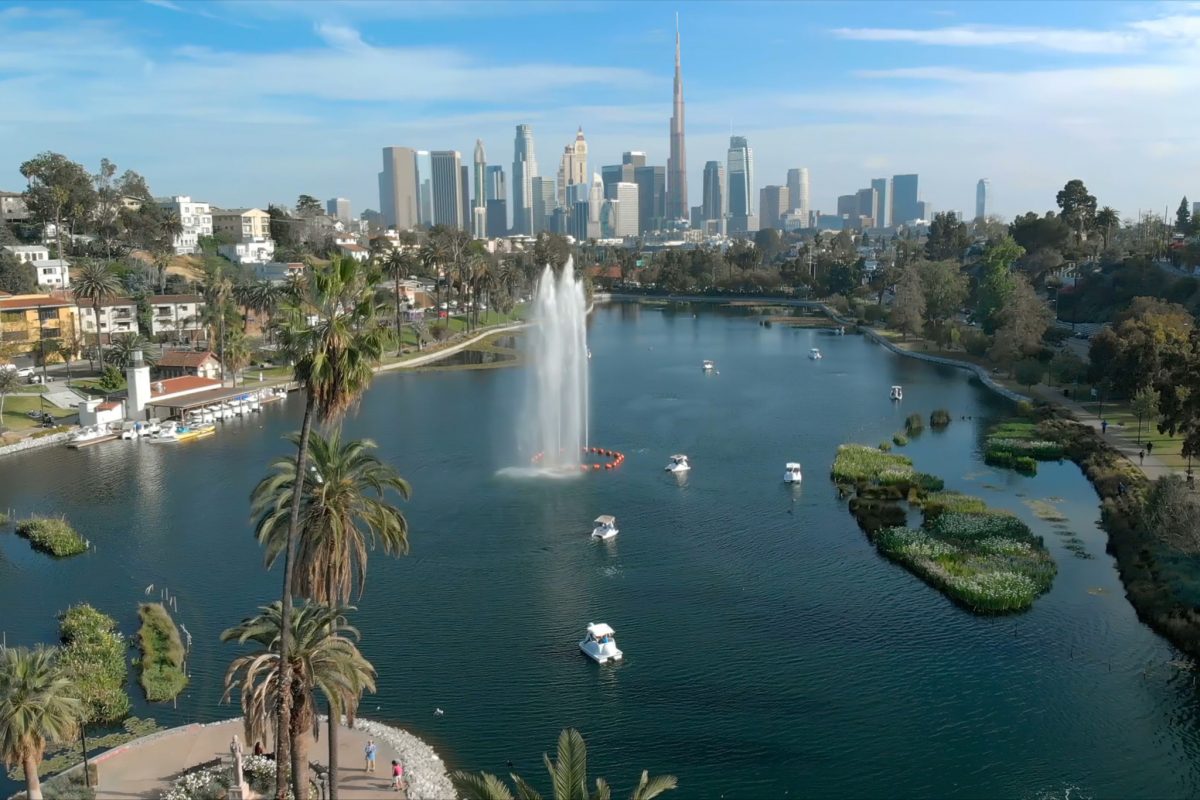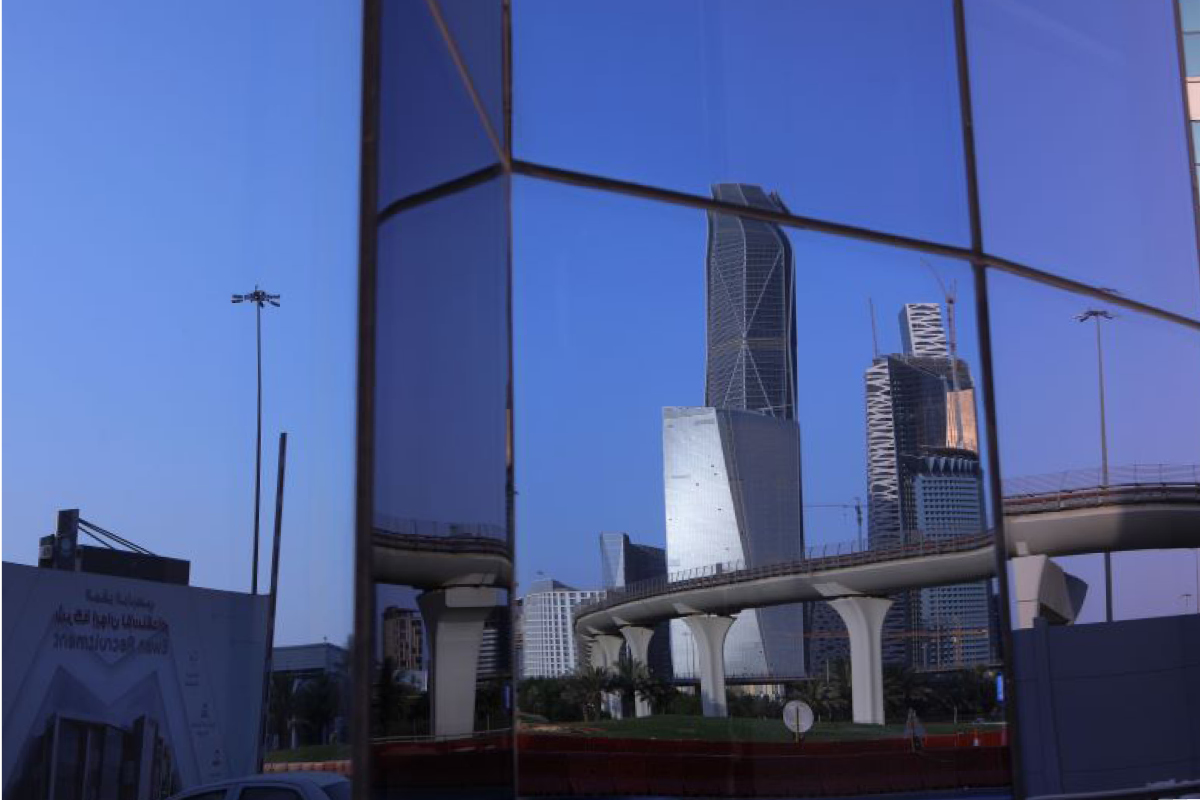From the rise of cryptocurrency, the return of the property boom in the UAE and of course that red list status for the Emirates in the UK, 2021 was packed full of news and business developments.
Here are the top ten stories of the year on arabianbusiness.com
Number 1:
Dubai businessman pledges largest Bitcoin investment in history
Khurram Shroff pledged 100,000 Bitcoin, worth $4.8bn, to set up the Miami 2.0 Blockchain Strategy Foundation.
Shroff added that he hoped his backing of Miami 2.0 Blockchain Strategy could turbo-charge use of the cryptocurrency, which is estimated to transact $200 billion per day by the end of 2021.

Number 2:
Yes, manufacturing really is leaving China – and authorities are scrambling to slow down the exodus
The economic powerhouse faces an unprecedented set of challenges in a post-coronavirus era, wrote Shannon Brandao in her popular analysis of the Asian dragon.

China is experiencing an exodus of foreign firms despite surveys and published opinions from commerce lobby groups and business consultants in the country which suggest otherwise. Moreover, the pace of companies leaving China is accelerating, causing a “ripple effect” that threatens Covid-19 economic recovery. The exit also presents a challenge to President Xi Jinping’s “dual circulation” plans, which aim to reduce China’s dependence on foreign markets by increasing domestic consumption. Consequently, Chinese officials are scrambling to slow it down.
Number 3:
In pictures: What a AED120m villa in Dubai looks like
The stunning villa ONE100 The Palm, includes an oversized VIP suite with a total area of 1,300 sqft and four more oversized VIP suites, two maids and driver quarters with an option to extend, and eight luxury bathrooms.

Number 4:
UAE introduces multiple entry tourist visa for all nationalities
Sheikh Mohammed also said that a new remote work visa was approved in the major story which broke in March, 2021.

The UAE introduced a multiple entry tourist visa for all nationalities and approved a new remote work visa that enables employees from all over the world to live and work remotely from the UAE even if their companies are based in another country, Sheikh Mohammed said via Twitter.
Number 5:
Revealed: how Dubai is set to look in 2040 under new master plan
Sheikh Mohammed launched in March the new Dubai 2040 Urban Master Plan that maps out sustainable development in the city

With its population set to jump to 5.8 million by 2040 from just 3.3 million in 2020, Dubai laid down the groundwork for how the city can grow sustainably over the next 20 years.
Sheikh Mohammed bin Rashid Al Maktoum, Vice President and Prime Minister of the UAE and Ruler of Dubai, has launched the Dubai 2040 Urban Master Plan that maps out a comprehensive future map for sustainable urban development in the city.
Number 6:
UK’s Serco loses Dubai Metro contract after 12 years
French-Japanese consortium wins deal to operate Dubai Metro, replacing Serco which has been on board since its launch in 2009
.jpg)
A French-Japanese consortium has won a contract for the operation and maintenance of the Dubai Metro, replacing UK-based Serco which has been on board since its launch in 2009.
The new contract, which also includes the operation of the Dubai Tram, covers a total of 15 years, including six renewable years, and is worth about AED542 million per year.
The consortium consists of three companies – Keolis, Mitsubishi Heavy Industries Engineering and Mitsubishi Corporation.
Number 7:
Saudi Arabia starts moving earth for its futuristic linear city
Announced in 2017, Neom is the crown jewel of Crown Prince Mohammed bin Salman’s programme to overhaul the economy of the world’s largest oil exporter

Saudi Arabia started moving earth in Ocboter and tunneling through mountains to build a futuristic linear city that officials hope will host its first residents in 2024, the project’s chief executive said.
Employees are still developing regional master plans and a “founding law” for the mega-project called Neom, Nadhmi Al-Nasr said in an interview in Riyadh. But they’ve already started early infrastructure work on its main feature – a 170-kilometre (105-mile) long car-free city called “The Line” that could begin welcoming inhabitants and tourists as early as the first quarter of 2024, he said.
Number 8:
UAE employees among the most stressed in the world – survey
50 percent of UAE workers have expressed interest in changing their job over the next 12 months, compared to the global average of 31 percent, in the research released in September.

Half of all UAE employees have expressed interest in changing their job in the next 12 months, compared to a global average of 31 percent, according to the 2021 Cigna 360 Wellbeing Survey.
Stress among the UAE workforce, although lower than the pre-pandemic period, ranked among the highest in the world at 88 percent.
“People have consistently suffered from overwork, which has led a half of the UAE’s working population to consider leaving their jobs,” said Jerome Droesch, CEO at Cigna MEA and SEA.
Number 9:
Will Sinopharm be accepted for UK-UAE travellers?
As the UAE celebrated its amber travel listing, questions remained about when UAE residents will be freely allowed to enter the UK, like US and EU visitors

The UAE’s business and expat community sighed with relief as it was announced that the Emirates would be upgraded to the UK amber travel list after 188 days.
The new mandate, active from Sunday August 8, meant that fully vaccinated travellers from the UAE – and all other amber countries – would no longer be legally required to book a stay in a quarantine hotel for 10 days at a rising cost of £2,285.
Number 10:
What’s in store for UK-UAE travel in 2021 as Emirates remain on UK’s red list
With the end of the British lockdown in sight, experts say it could take 18 months for the world’s most popular air route to regain its former glory

As the UK tentatively emerged from lockdown, the country could resume global flights as early as May 17, but whether the UAE will be taken off Britain’s travel ‘red list’ remained to be seen.
The UK announced a report from its Global Travel Taskforce on April 12, which could reveal a roadmap for post-pandemic travel. But as parts of Europe continue to reel from rising Covid-19 cases, experts say the British government may yet err on the side of caution.
The taskforce was considering a ‘traffic light system’, labelling countries as green (no restrictions), amber (open, but with quarantine and test requirements) and red (banned entirely, or hotel quarantine on return), according to reports.






